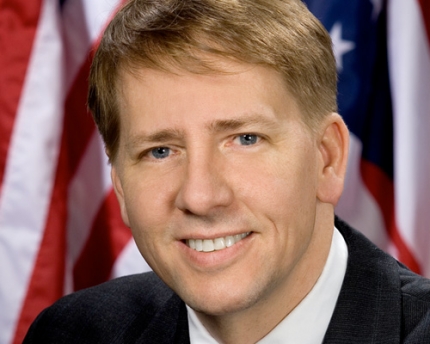Reform & Fiscal Responsibility News
INFOGRAPHIC: Where Does our National Debt Come From?
Posted by on July 26, 2011 at 4:14 PM EDTOne of the fundamental things to understand when considering the debate about reducing our national debt is how we accumulated so much in the first place.
To explain the impact various policies have had over the past decade, shifting us from projected surpluses to actual deficits and, as a result, running up the national debt, the White House has developed a graphic for you to review and share:
As you can see, we've also included a quote from President Obama's speech last night that sums up the basic issues:
For the last decade, we’ve spent more money than we take in. In the year 2000, the government had a budget surplus. But instead of using it to pay off our debt, the money was spent on trillions of dollars in new tax cuts, while two wars and an expensive prescription drug program were simply added to our nation’s credit card.
As a result, the deficit was on track to top $1 trillion the year I took office. To make matters worse, the recession meant that there was less money coming in, and it required us to spend even more -– on tax cuts for middle-class families to spur the economy; on unemployment insurance; on aid to states so we could prevent more teachers and firefighters and police officers from being laid off. These emergency steps also added to the deficit.
Because neither party is blameless for the decisions that led to this problem, both parties have a responsibility to solve it.
And it's worth noting that, among many others, the Pew Charitable Trusts and the New York Times have addressed this issue too.
Learn more about EconomyA Big Week for the New Consumer Agency
Posted by on July 18, 2011 at 9:21 AM EDTThis is a big week for the Consumer Financial Protection Bureau (CFPB). Today, the President will announce his intent to nominate Richard Cordray to serve as the first Director of the Consumer Financial Protection Bureau. On Thursday, the CFPB makes its transition from a start-up to a real, live agency with the authority to write rules and to supervise the activities of America's largest banks.
Rich will be a strong leader for this agency. He has a proven track record of fighting for families during his time as head of the CFPB enforcement division, as Attorney General of Ohio, and throughout his career. He was one of the first senior executives I recruited for the agency, and his hard work and deep commitment make it clear he can make many important contributions in leading it. Rich is smart, he is tough, and he will make a stellar Director. I am very pleased for him and very pleased for the CFPB.
Learn more about








